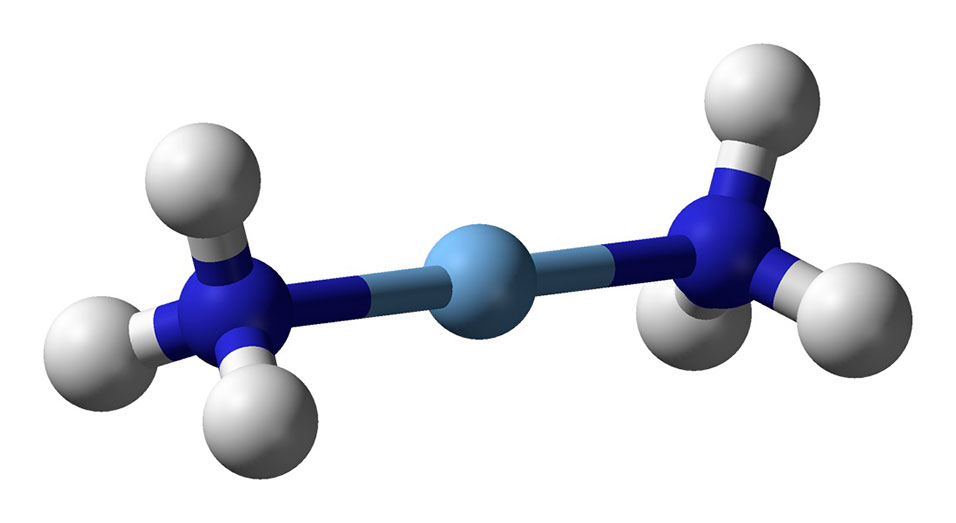EVANSTON, ILL.- Endurance exercise is an important treatment for people with Parkinson’s disease, Northwestern Medicine research has shown. But is high-intensity or moderate-intensity exercise the most effective in slowing the progression of the disease?
A new Phase 3 multi-site clinical research trial from
Northwestern Medicine will test if high-intensity treadmill exercise is more effective in decreasing the signs of Parkinson's disease in individuals who have not initiated medication for Parkinson’s.
This is the first time high-intensity endurance exercise is being studied across a large number of sites in both the U.S. and Canada and in a diverse population.
“Endurance exercise is the only treatment with evidence for slowing Parkinson’s disease progression,” said study principal investigator Daniel Corcos, professor of physical therapy and human movement sciences at Northwestern University Feinberg School of Medicine. “Although anti-parkinsonian medication may help alleviate Parkinson’s symptoms, it does not slow the rate of disease progression."
“While moderate and high-intensity aerobic exercise provide health benefits, it is unclear which intensity is more effective for people with Parkinson’s disease,” Corcos said.
This clinical trial is being conducted in collaboration with the University of Pittsburgh, the University of Colorado, Oregon Health Sciences Center, New York University Langone Health, the University of Florida and the Parkinson's Foundation.
Parkinson's disease is the second most prevalent neurodegenerative disease behind Alzheimer's disease. Nearly 1 million people have Parkinson's disease in the U.S., and 60,000 people are newly diagnosed each year.
The disease signs and symptoms include progressive loss of muscle control, trembling, stiffness, slowness and impaired balance. As the disease progresses, it may become difficult to walk, talk and complete simple tasks. Most people who develop Parkinson’s are 60 and older.
Corcos and colleagues published a Phase 2 trial in JAMA Neurology in 2018 showing high-intensity exercise three times a week is safe for individuals with early-stage Parkinson’s disease and may slow the worsening of motor signs.
The new research study, SPARX3, will enroll 370 participants diagnosed with Parkinson’s, age 40 to 80, randomly assigned to either moderate-intensity or high-intensity exercise treadmill training. They will exercise for 18 months, four times a week for 30 minutes under close supervision and then be followed for another six months for a total study duration of 24 months. There will be 27 recruiting sites in the U.S. and two in Canada. All sites are members of the Parkinson Study Group.
"If the trial shows high-intensity exercise delays the rate at which Parkinson's disease progresses, physicians will have a clear guideline to prescribe exercise as a means to slow progression," Corcos said.
Corcos also will investigate whether endurance exercise: 1) influences the loss of signals from the brain cells that degenerate in Parkinson's disease, 2) increases brain-derived neurotrophic factors, which are a family of proteins that induce the survival, development and function of neurons and are important for neuronal health, and 3) reduces inflammation, which is known to be elevated in Parkinson's disease.
The research team also will collect genetic information on the participants in order to ascertain potential reasons some people respond better to exercise than others.
The research is supported by grant U01113851 from the National Institute of Neurological Disorders and Stroke and grant UL1TR001422 from the National Center for Advancing Translational Sciences, both of the National Institutes of Health, and Northwestern University Feinberg School of Medicine.










